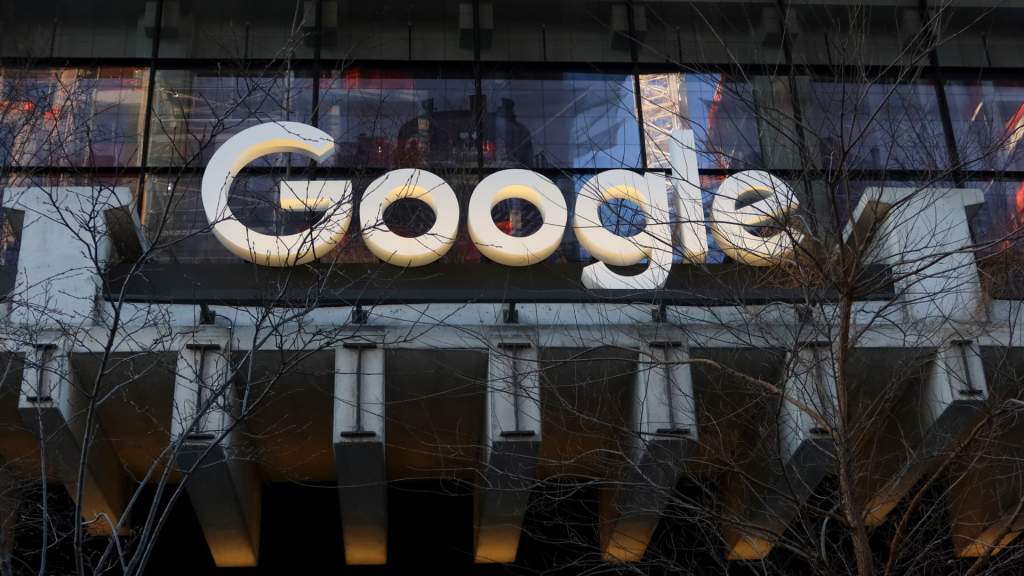Google has reached an agreement to pay approximately $1.4 billion to settle claims regarding violations of data privacy rights of Texas residents, according to a statement made by Texas Attorney General Ken Paxton on Friday.
Paxton initiated legal action against Google in 2022, accusing the company of unlawfully tracking and collecting user data without consent.
The attorney general highlighted that the settlement, addressing two distinct lawsuits against the tech giant, surpasses all prior settlements involving other states concerning similar data privacy infringements.
This agreement with Google follows closely on the heels of a separate $1.4 billion resolution that Paxton secured for Texas against Meta, the owner of Facebook and Instagram, which addressed unauthorized usage of biometric data collected from users of those social media platforms.
“In Texas, Big Tech is not above the law,” Paxton remarked in his statement on Friday.
“For years, Google secretly monitored individuals’ activities, private searches, and even captured voiceprints and facial geometry through its various products and services. I fought back and won,” he added.
“This $1.375 billion settlement is a significant victory for the privacy of Texans and sends a clear message to companies that they will bear the consequences for violating our trust.”
Google spokesperson Jose Castaneda stated that the company did not acknowledge any wrongdoing or liability as part of the settlement. The allegations pertained to issues involving the incognito setting in the Chrome browser, disclosures related to location history in the Google Maps app, and biometric claims associated with Google Photos.
Castaneda noted that no changes to Google’s products are required as a result of the settlement, asserting that any policy modifications made in response to the allegations had already been announced or enacted prior to this agreement.
“This settlement resolves a number of longstanding claims, many of which have already been addressed elsewhere, relating to product policies that we have already altered,” Castaneda remarked.
“We are satisfied to move beyond these issues and will continue working on enhancing privacy controls within our services.”


























